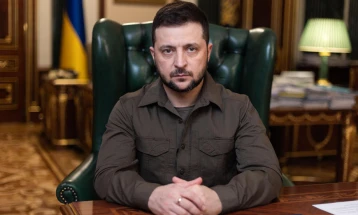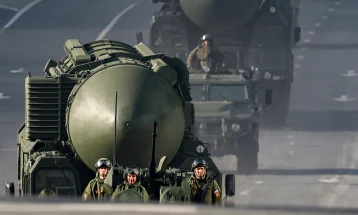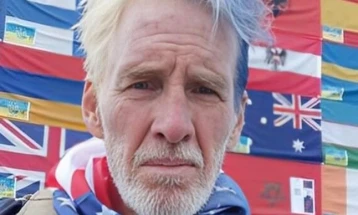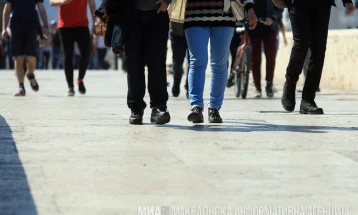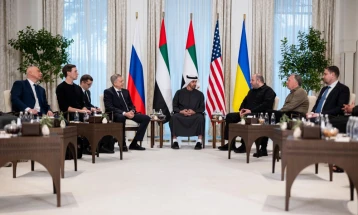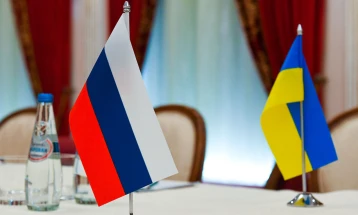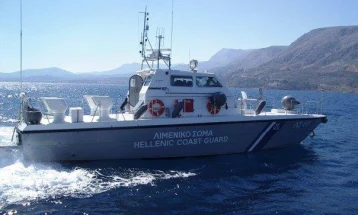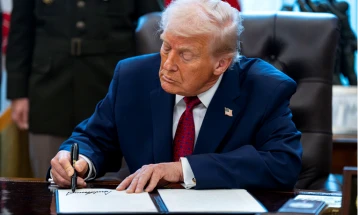EU Commission wants more effective confiscation of oligarchs' assets
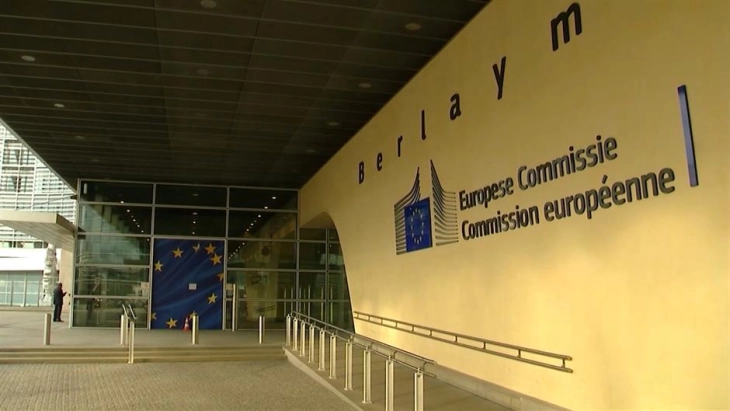
Brussels, 25 May 2022 (dpa/MIA) - The European Commission proposed legal changes on Wednesday to push member states to more effectively seize the assets of Russian oligarchs who violate sanctions related to the war in Ukraine.
To tackle fragmentation, the EU executive branch wants to classify sanctions evasion as a particularly serious crime, meaning that all EU countries share minimum definitions and penalties to facilitate investigation across borders.
"Many times we see assets recovery and confiscation of the small fry whereas the big sharks find ways to evade," European Commission Vice President Margaritis Schinas said at a press conference in Brussels.
"We must ensure that persons or companies that bypass the EU restrictive measures are held [to] account," said European Justice Commissioner Didier Reynders.
The commission also wants to update rules in order to speed up the recovery process and strengthen the powers of national authorities to trace, freeze, confiscate and manage the proceeds of crime.
According to the commission, oligarchs trying to evade sanctions sell or transfer ownership of their assets, or take their yachts into international waters.
Over 1,000 individuals and 80 entities have been sanctioned by the European Union since Russia invaded the Ukrainian peninsula of Crimea in 2014, according to the European Council.
Under additional sanctions introduced after Russia's latest invasion in February, Russian oligarchs had luxury yachts, real estate and other assets worth close to €10 billion ($10.7 billion) frozen, according to EU officials.
The commission proposal comes amid discussions on how to finance Ukraine's short-term financial needs as well as the post-war reconstruction.
Reynders said that assets confiscated through a judicial decision in the member states could be made available to victims of the war in Ukraine and the reconstruction of the country in the future.
Ukrainian Foreign Minister Dmytro Kuleba has called previously for legislation to be passed to seize assets of the Russian state and use them to rebuild Ukraine.
European Commission President Ursula von der Leyen responded in a speech on Tuesday at the World Economic Forum in Davos, Switzerland, saying that the EU "should turn over every stone" to secure funding for Ukraine’s reconstruction.
Wednesday's proposal however did not cover the confiscation of state assets.
On Tuesday, Germany's Finance Minister Christian Lindner expressed legal reservations over the confiscation of private assets, stressing after an EU finance ministers meeting in Brussels that the German constitution protects private property.
The new commission proposal will be presented to the 27 EU member states and the European Parliament who all need to agree before any new legislation is adopted.
